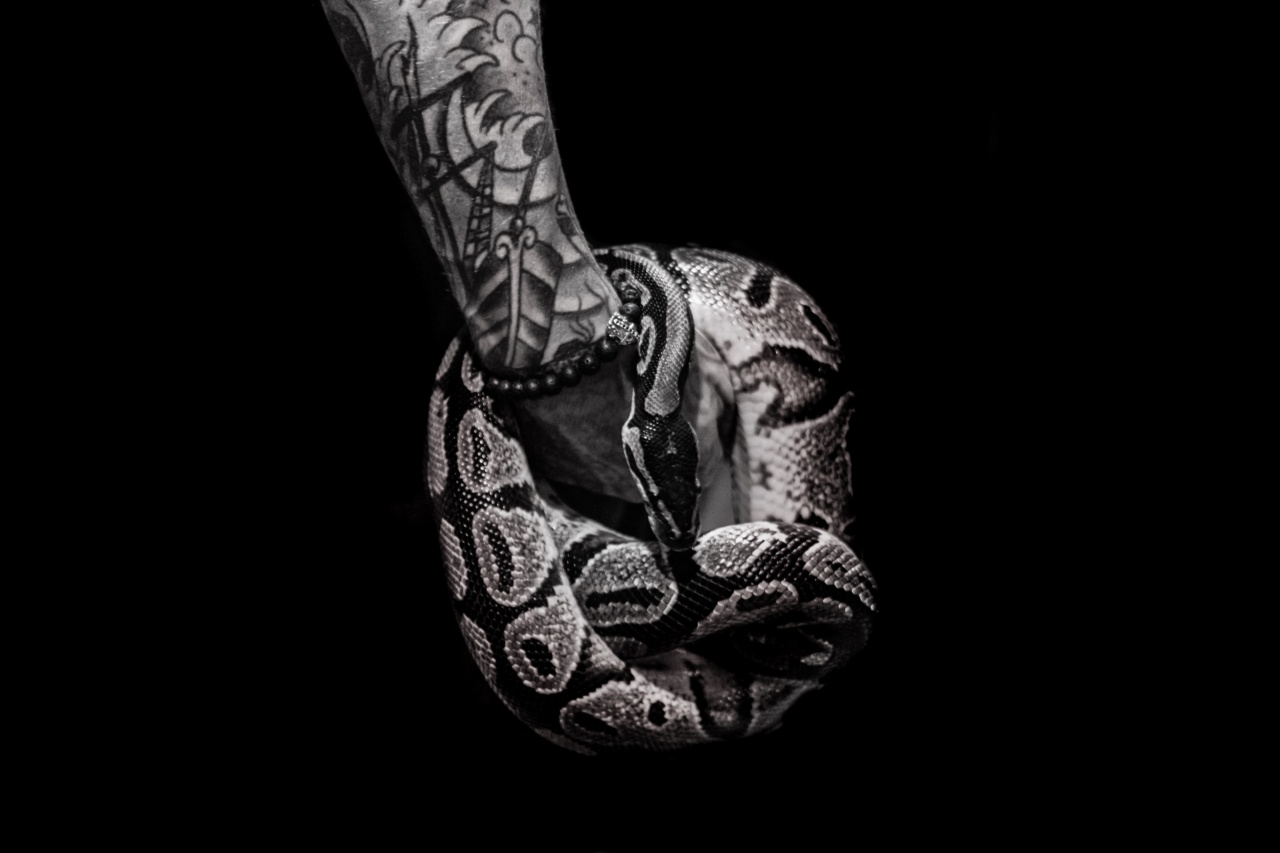Beware of dangerous henna tattoos
Henna tattoos, also known as Mehndi tattoos, have gained immense popularity in recent years. These temporary body art designs are made using henna paste, derived from the leaves of the henna plant.
While henna tattoos are usually considered safe, there have been instances where individuals have experienced harmful side effects. In this article, we will explore the potential dangers of henna tattoos and the precautions one should take before getting inked.
Understanding henna tattoos
Henna tattoos have been a part of cultural traditions in many countries for centuries. They are often used to celebrate special occasions, such as weddings and festivals.
The natural henna paste, made from the henna plant, contains lawsone molecules that bind to the skin, resulting in temporary coloration. However, it is essential to differentiate between natural henna and black henna.
The dangers of black henna
Black henna, also known as chemical henna, is not derived from the natural henna plant. It contains a potent chemical called para-phenylenediamine (PPD), which is used as a hair dye and can cause severe adverse reactions when applied to the skin.
Black henna tattoos are often marketed as providing a darker and longer-lasting color than natural henna tattoos. However, these tattoos can lead to allergic reactions, blistering, scarring, and other harmful side effects.
Allergic reactions
One of the most significant dangers associated with henna tattoos, particularly black henna, is the risk of allergic reactions. PPD, found in black henna, is a known allergen that can cause sensitization.
When individuals with a PPD allergy come into contact with black henna, they may experience itching, redness, and swelling at the tattoo site. In severe cases, allergic reactions can lead to blistering, open sores, and permanent scarring.
Chemical burns
In some instances, individuals have reported chemical burns after receiving black henna tattoos. The high concentration of PPD in these tattoos can cause the skin to become irritated, resulting in burns and painful blisters.
It is essential to remember that henna tattoos should never cause pain or discomfort during or after the application process. If you experience any burning sensations, it is crucial to seek medical attention immediately.
Signs of a reputable artist
When considering getting a henna tattoo, it is vital to choose a reputable artist who values the safety and well-being of their clients. Here are some signs to look out for:.
Clean and hygienic workspace:
The artist should work in a clean environment and follow proper hygiene practices. They should use disposable, sterilized needles and equipment to minimize the risk of infections.
Quality henna paste:
A reputable artist will use natural henna paste made from pure henna leaves and other safe ingredients. They should be transparent about the composition of the paste and avoid using black henna containing PPD.
Allergy testing:
A responsible artist will offer allergy testing before applying the henna tattoo. This will help identify individuals with potential allergies and prevent adverse reactions.
References and reviews:
Ask for references or read online reviews to gauge the artist’s reputation and the quality of their work. Positive testimonials from satisfied customers are an indicator of a reliable artist.
Precautions to take
Before getting a henna tattoo, it is important to take certain precautions to ensure your safety:.
Allergy awareness:
Be aware of any known allergies or sensitivities you may have, especially to PPD or other henna ingredients. If you have a history of skin allergies, consult a dermatologist before considering a henna tattoo.
Choose natural henna:
Ensure that the artist uses natural henna paste, free from harmful additives. Natural henna tattoos may fade faster than their black counterparts but are significantly safer.
Consult a professional:
Seek out a professional henna artist with experience and a good reputation. They will understand the intricacies of the process and prioritize your safety.
Patch test:
If you have never had a henna tattoo before, request a patch test to check for any adverse reactions. Apply a small amount of henna paste to a small area of your skin and monitor for at least 24 hours for any signs of allergies.
Conclusion
Henna tattoos can be a beautiful form of self-expression and celebration when done safely. It is crucial to be aware of the potential dangers associated with black henna and take necessary precautions before getting inked.
By choosing reputable artists, understanding the risks, and taking appropriate steps, you can enjoy the beauty of henna tattoos without compromising your health.






























